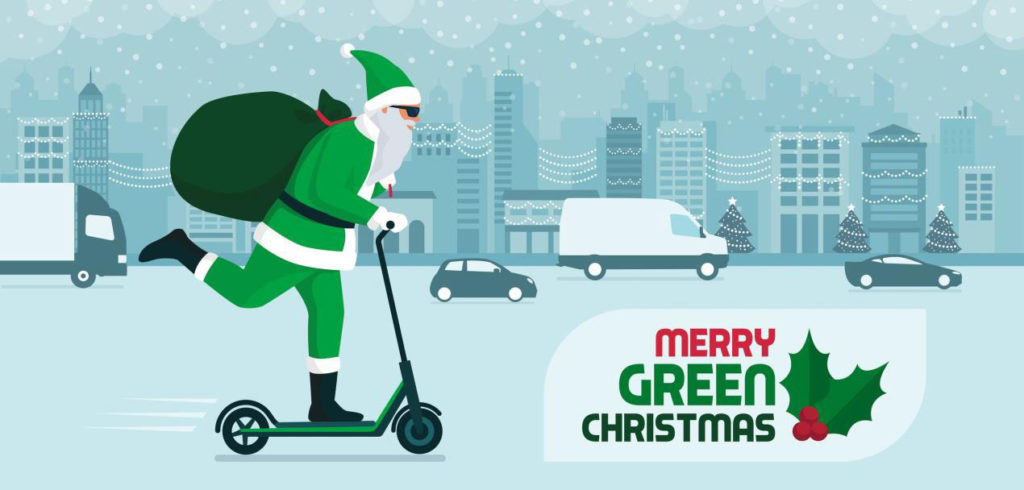Online parcel delivery service ParcelHero has released a new study, which reveals that buying goods online creates substantially fewer CO2 emissions than traditional high street shopping trips.
The study How are home deliveries retaining their green crown? found that a dedicated car trip for a specific gift will generate 4,274 grams of CO2 per kilometer, but a successful first-time home delivery creates just 181 grams of CO2 per km per parcel.
ParcelHero’s head of consumer research, David Jinks MILT, said, “A Christmas shopper traveling by car would have to buy 24 gifts to reduce their equivalent emissions to those of a home delivery. That would be a daunting challenge even for the most hardened of high street shopaholics.”
The report also revealed that many retailers and couriers have recently moved beyond simple CO2 measurements to keep their crown as the greenest form of retail. Jinks continued, “Couriers’ latest Euro 6 diesel vans slash nitrogen oxide emissions by 55%. And they also cut emissions of sulphur oxide, carbon monoxide, hydrocarbon and diesel particulate. And many of the best-known names in deliveries are actually ahead of the curve in planning to ditch the diesel entirely in urban areas: for example, Royal Mail is introducing a significant fleet of electric vehicles (EVs) from Peugeot and Mercedes and has trialled Banbury-based Arrival vans; while UPS has also ordered 35 of the ultra-lightweight Arrival EVs, scheduled for delivery this month.
“There’s no doubting that it is greener, as well as warmer, to order online rather than brave the town center crowds this December; and to send a parcel rather than drive miles to deliver a gift yourself. Around 950 million packages will be delivered to homes and collection points this Christmas – imagine if all those gifts were still being bought in town by car. Of course, flying reindeer would be even greener, but, until we can persuade Rudolf to deliver all our online purchases as well as Santa’s gifts, home deliveries are the best option for the environment,” he concluded.
To read the full study, click here.


